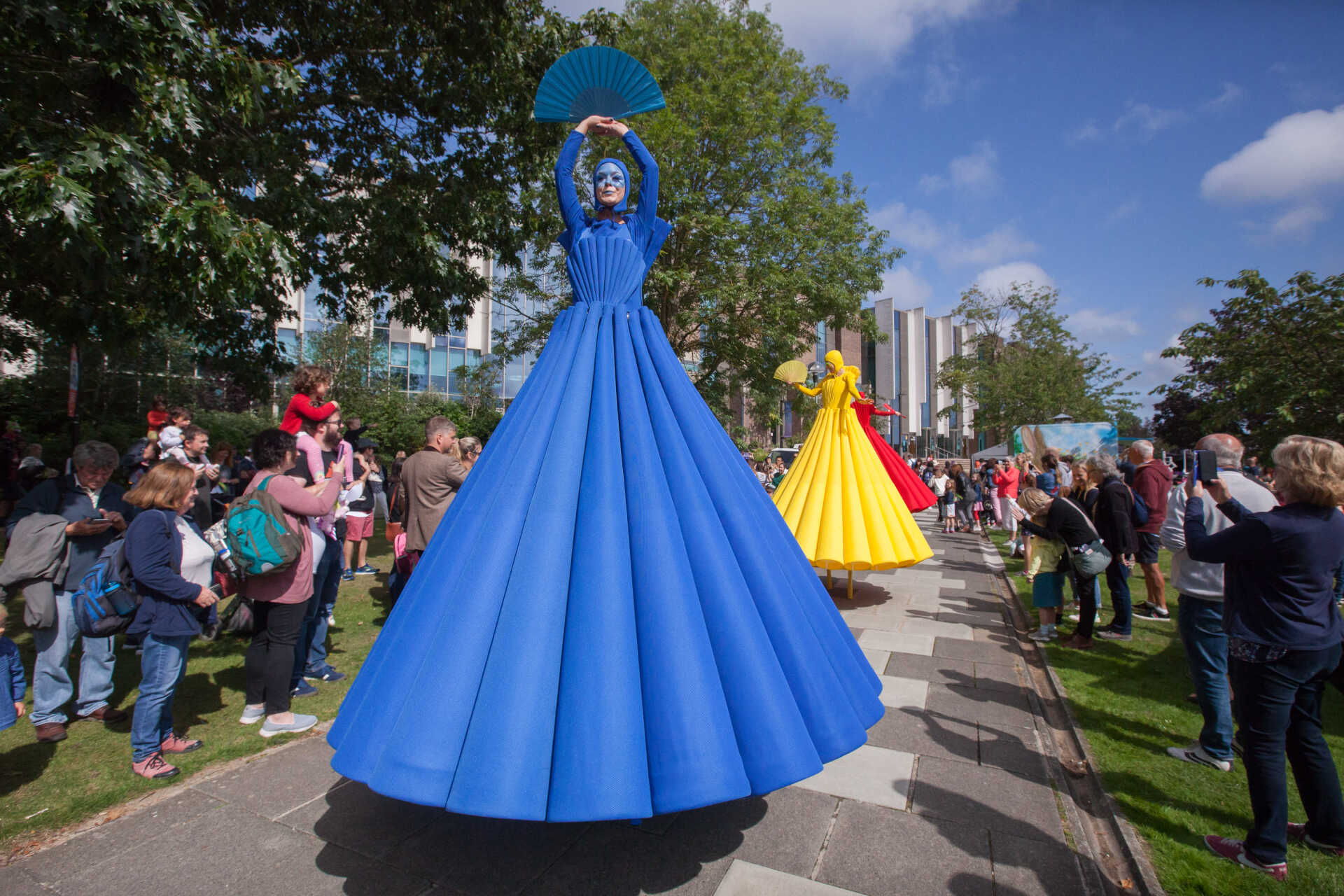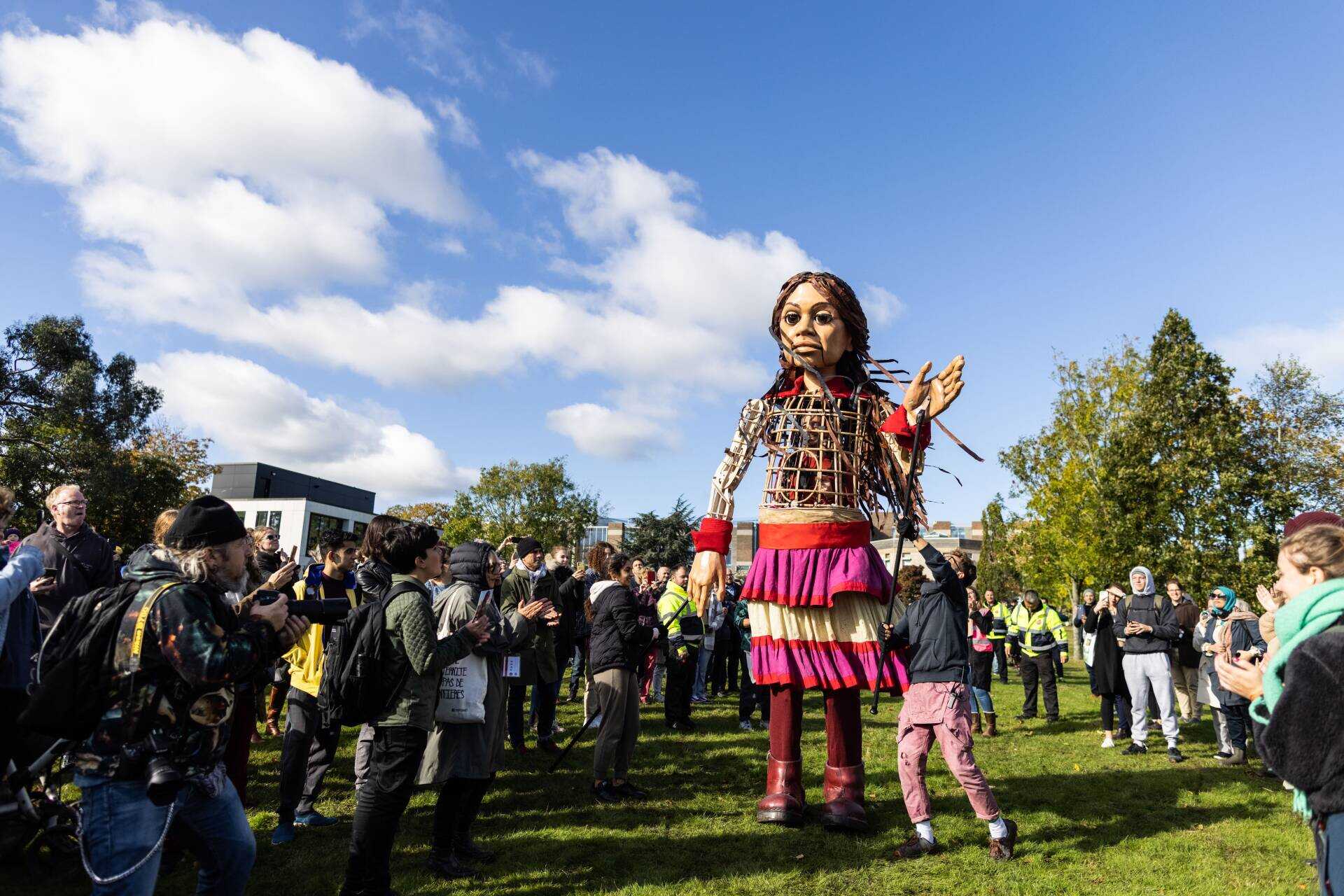What's on
Find out what events are taking place at the University of Kent.

We have a vibrant community and want to welcome you to our campuses! Below you can find events that are open to all, from public lectures and exhibitions to volunteering at our Kent Community Oasis Garden.
Use the calendar below to find out what's on. You can filter by date, campus, category of event and by keyword to narrow your search.
If you would like to get in touch with the Events team, please email us: events@kent.ac.uk
